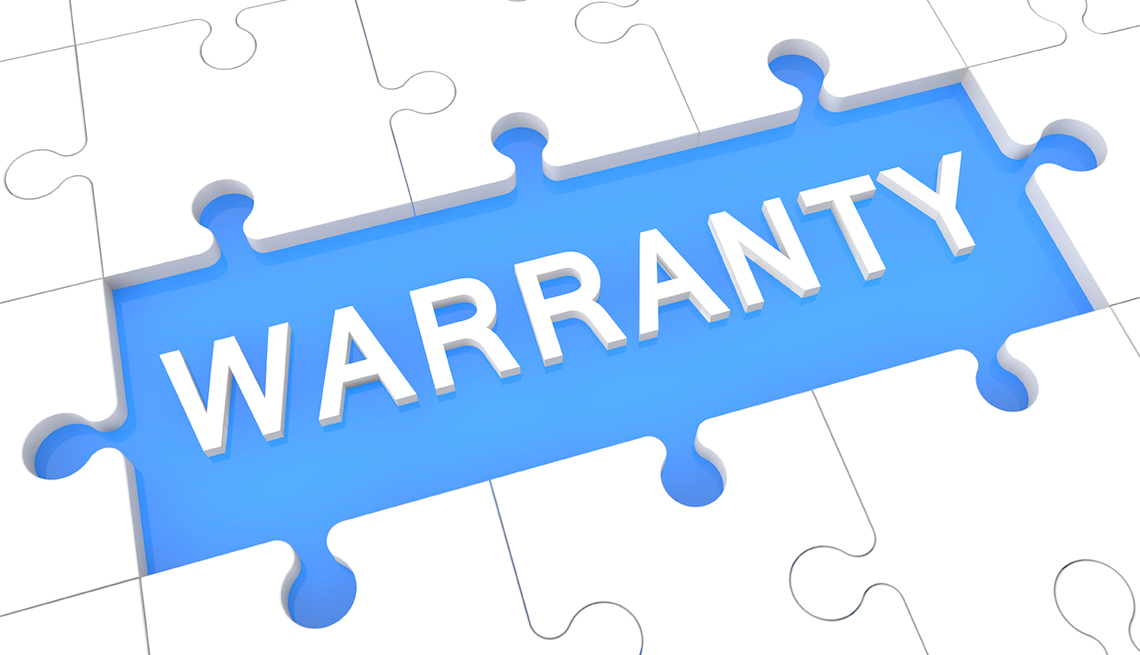Should You Insure Your Hearing Aid?
Here's what you need to know
You undoubtedly have insurance for your important valuables. So should you get insurance for your precious hearing aid? The answer is yes, but not right away.
New hearing aids come with a warranty from the manufacturer. The length of the warranty, usually up to three years, is based on the device’s level of technology, according to Terrence Williams, assistant director of the Berelson Hearing Technology Center at the nonprofit Center for Hearing and Communication (CHC) in New York.
When you purchase your hearing aid, be sure to find out the length of the warranty. It should cover both replacement and repair. Replacement includes loss, but this is a one-time offer. Once the manufacturer replaces a lost hearing aid, the warranty is no longer in effect.
When the warranty runs out, you’ll probably want to buy insurance. Coverage cost is based on the level of technology of your hearing aid as well as its age, says Williams. For a higher-end device, the price averages about $300 a year. That may seem expensive, but with the average cost of a hearing aid about $2,300, according to the President’s Commission on Science and Technology, it’s probably a wise investment. You can usually insure for replacement or repair, or both.
CHC works with three providers of hearing aid insurance: Ear Service Corporation, Midwest Hearing Industries, and Starkey Hearing Technologies. Starkey works with the hearing-aid provider, not directly with the consumer. Ear Service and Midwest offer comprehensive coverage for all types of hearing aids and will replace a lost or damaged hearing aid with the same model. If the model has been discontinued, they’ll offer a comparable model. Starkey, which also manufactures hearing aids, will cover all manufacturers’ products, but it will replace a lost or damaged hearing aid with a Starkey device.
Before you buy this extra coverage, check with your homeowner’s or renter’s policy to see if your hearing aids are covered and what your deductible is. If you’ve chosen a high deductible to save on premiums, the deductible may be far more than the cost of the hearing aid.
The best thing, of course, is not to lose your hearing aid in the first place. Here are a few hints for holding onto that valuable object:
- Before bed, put it in a Dri-Aid or other dehumidifier to get rid of excess moisture and keep it secure during the night.
- Never put it on the table or your plate at a restaurant, as some people do when the room gets too loud. One of the titles I considered for my book Shouting Won’t Help was The Man Who Ate His Hearing Aid, based on a friend’s experience. Enough said.
- Carry a small case for your hearing aid in your purse or in a secure pocket where it won’t get lost or damaged.
- Never leave the hearing aid on the dresser or a bedside table at night. It can get accidentally knocked off or, worse, swallowed by a pet. In that case, you’d not only be replacing the hearing aid, you’d also be stuck with a veterinarian’s bill.
- If you have upgraded to a new hearing aid, be sure to keep the old one to use in case the new one gets lost.
(Video) Hear Better: Quick tips to care for your hearing aid.

